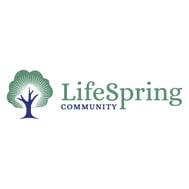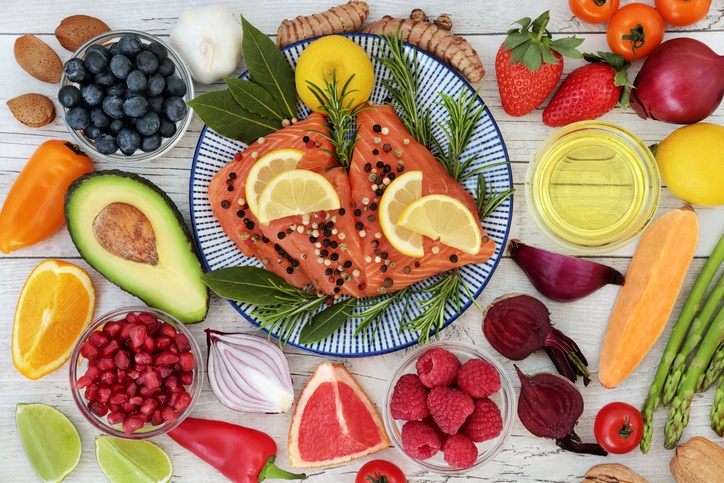Good nutrition is essential for maintaining optimal health, but it's especially critical when recovering from an injury, surgery or a medical problem, such as a heart attack or a stroke that can significantly affect the body.
Have you recently undergone surgery? Perhaps you've been injured, or you're recovering from a major health condition. If so, your body needs the right kind of nutrients, so you can get well as quickly as possible. Good nutrition is essential for maintaining optimal health, but it's especially critical when recovering from an injury, surgery or a medical problem, such as a heart attack or a stroke that can significantly affect the body. Here are some of the important nutrients your body needs for rehabilitation, along with a few considerations and warnings.
Vitamin A
Vitamin A, which plays a vital part in your immune system health, in addition to reproduction and bone growth, typically functions as an antioxidant as it combats cell damage. As an antioxidant, vitamin A improves the immune system, so a wound is protected from infection.
What's more, this vitamin plays a significant role in the production of collagen and in growing new blood vessels that are replaced by damaged tissue. Foods rich in Vitamin A include carrots, kale, sweet potatoes, spinach, apricots, berries, cantaloupe, papaya, mangoes, cheeses, butter, eggs, organ meats, cod liver oil and raw milk.
Vitamin C
Vitamin C boosts the immune system, warding off infections and viruses. It also helps in growing and repairing body tissue as well as in producing collagen, which is a protein that's the primary part of connective tissue.
It's a powerful antioxidant and is effective in healing wounds. Vitamin C is especially beneficial after a surgical procedure because it repairs and maintains healthy bones. Some of the top foods containing vitamin C are strawberries, kiwi fruit, papayas, oranges, tomatoes, broccoli, kale and snow peas.
Zinc
Your body needs the mineral zinc to be healthy, besides for cellular metabolism. As for wound healing, zinc helps your body stay structurally sound. That's why many people with skin ulcers take zinc supplements. Additionally, zinc is important for your immune system functioning properly. When your immune system is stronger, you're more likely to prevent wound infections.
Several foods contain zinc, but the ones with the highest amounts are found in red meats, nuts and seeds. Other zinc sources include shrimp, lamp, turkey, lentils, quinoa and cashews.
Proteins
After surgery or a major illness, it's important to build up your body and strengthen your natural defenses. Thus, you'll need to consume an adequate supply of foods rich in protein. Proteins are needed for building muscle and repairing cells, besides making new cells. They're made up of small units known as amino acids, which are the building blocks of proteins. Foods rich in protein include those, such as eggs, chicken breast, milk, Greek yogurt and broccoli.
Fluids
As water is the primary means for oxygen and nutrients to travel to an injury or surgical area, it's crucial you stay adequately hydrated. In fact, not getting enough fluids can mean your recovery can be delayed because an injury needs to receive the right amount of moisture, so tissues can be repaired.
Considerations and Warnings
- After your surgery, begin eating slowly. Instead of large meals, start with smaller and more frequent ones.
- In fact, after an operation, many people discover that they need to eat more often than they normally do. Just be sure to consume more protein than carbohydrates and maintain a balanced diet.
- Carbohydrates (carbs) are your body's main source of energy. However, not all carbs are the same, so it's important to distinguish between good carbs vs. bad carbs.
- Good carbs, also known as complex carbohydrates, are found in legumes, whole grains and starchy vegetables. Because they have longer chains of sugar molecules, they take longer to break down. This supplies your body with energy that's more consistent.
- Stay away from bad carbs or simple carbohydrates. These include those, such as white bread, white rice, white pasta, pastries, sugary beverages and fruit juices.
- Include good or unsaturated fats in your diet that can provide energy and promote a strong immune system. Healthy fats are derived from plants and include those, such as olive oil, avocados, vegetable oils, seeds and nuts.
- Avoid saturated fats. Unlike unsaturated fats, which are in liquid form at room temperature, saturated fats are in solid form due to their difference in chemical structures.
- Common examples of foods that contain too much saturated fat include cheese, cream, butter, whole milk and other animal fat products.
Do you or a loved one need long term or short-term care? At Church Home Lifespring we also offer physical therapy and hospice care. We have a proven reputation for providing everything and more for our patients during their rehabilitation stay. Please contact us and learn more about our wide range of services.


